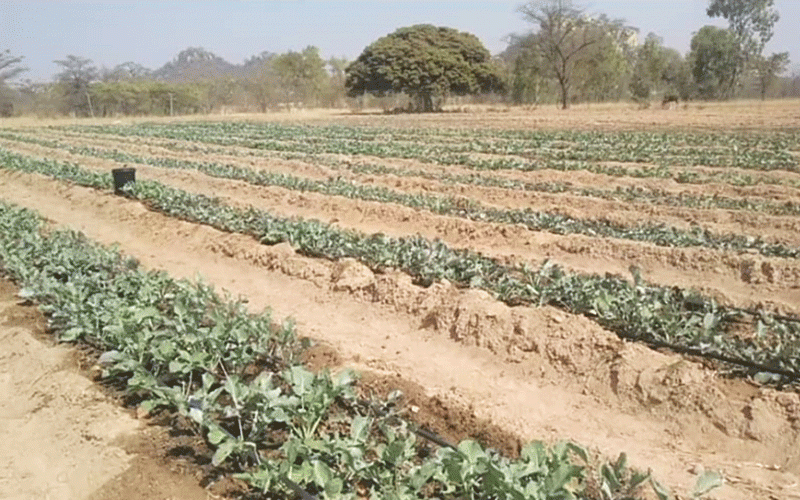
IN the pursuit of sustainable development and economic empowerment, village business units have emerged as a cornerstone of Zimbabwe's national progress.
Indigenous Advisory Practitioners Association of Zimbabwe (IAPAZ’s) National Secretary General, Last Matema, emphasized that the transformative potential of these enterprises curbs rural-urban migration and fosters a vibrant rural economy.
"Youth must be awakened to the reality that towns and cities are merely markets.
"In rural areas, one can engage in farming, tourism, mining and manufacturing. This is why we see international investors, welcomed with red carpets, establishing operations in these regions," he said.
"International investors recognize the immense value of rural areas, and our youth should be equally aware of the opportunities available to them,"
"By seizing these opportunities, they can significantly contribute to the nation’s economic resilience and growth. Imagine the impact if over 100 youth engaged in rural tourism, similar to the KWATERRY initiative in Ngezi. Such ventures could unlock vast potential in horticulture, aqua-culture and small livestock farming, transforming communities and enhancing economic resilience."
Matema’s insights underscores the untapped potential in rural areas, particularly in light of the government’s significant investments in infrastructure through initiatives by the Rural Electrification Agency (REA), POTRAZ, and the Ministry of Transport and Infrastructure Development, which have enhanced access to electricity, information, and modern road connectivity.
The idea of village business units has opened eyes of young Zimbabweans to the vast opportunities within their communities.
- Econet tariffs shoot up
- ‘Media freedom under the yoke’
- Potraz moves to curb ‘harmful’ content
- Potraz moves to curb ‘harmful’ content
Keep Reading
These units are positioned not only as engines of economic growth but also as preservers of cultural heritage and sustainable livelihoods.
Matema added, “Youth are the cornerstone of Zimbabwe’s future, and their active participation in village business units is crucial for the realization of Vision 2030.
“By channeling their efforts into local communities, young entrepreneurs can generate employment, reduce poverty and foster organic development that strengthens national sovereignty.
“With over 70% of Zimbabwe's rural population living in poverty, many young people migrate to urban areas or abroad in search of better prospects, often finding themselves in precarious situations some end up in depression and dugs abuse fuelling crime rates in cities,” he said.
Village business units extend beyond agriculture to include industries like tourism, mining, and manufacturing, which hold significant potential for growth and are vital for diversifying Zimbabwe's economy.
The government’s emphasis on village business units aligns seamlessly with the broader goal of achieving Vision 2030. By fostering rural entrepreneurship, Zimbabwe can build a robust and inclusive economy.











